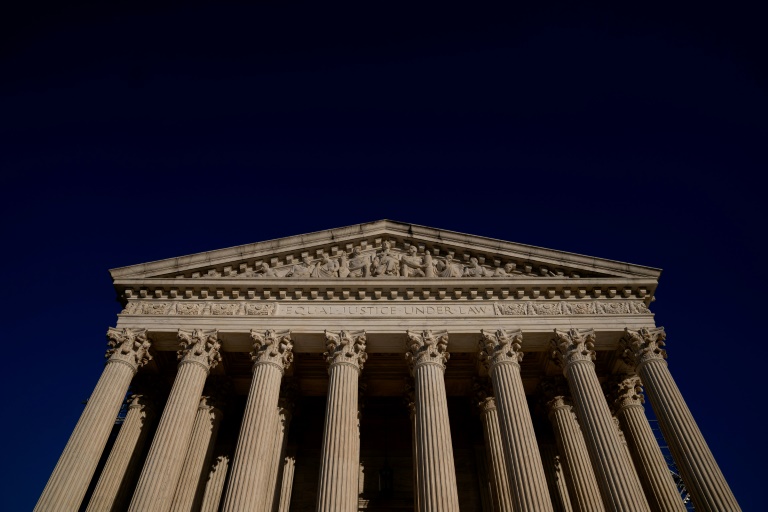The Supreme Court has just upheld the validity of a tax on overseas investments, a revenue-making measure enacted during former President Trump’s era.
The Supreme Court voted 7-2, with the majority justices upholding the tax’s validity. Justice Brett Kavanaugh wrote the deciding opinion for the majority, and Justice Clarence Thomas wrote his dissent.
In the majority opinion, Kavanaugh noted that the decision was a narrow one. He also emphasized that the decision has no bearing on a potential wealth tax, which is meant to be levied on assets and not on income, NBC News reported.
The issue that the Supreme Court resolved was whether tax can be levied on investment proceeds that an investor has not yet received.
The high court rejected the argument of a Washington State couple who challenged a tax bill that was sent to them on their investments in an India-based entity, claiming that their “profit” was never distributed to them.
The couple, Charles and Kathleen Moore, questioned the validity of the tax after receiving a $15,000 tax bill for an investment they made in a company situated in India.
In 2017, Congress enacted the questioned tax as part of a larger package, which was then signed by Trump. The tax was a one-time mandatory repatriation tax levied on shareholders on their accumulated undistributed profits between 1986 and 2017 by foreign corporations, the majority of which are owned by Americans, CNN reported.
“The upshot is that the Moores’ argument, taken to its logical conclusion, could render vast swaths of the Internal Revenue Code unconstitutional,” Kavanaugh wrote in the decision.
“And those tax provisions, if suddenly eliminated, would deprive the U.S. Government and the American people of trillions in lost tax revenue,” he added.
The president, along with other Democrats, has already proposed new taxes that would hit wealthy Americans to fund spending plans. The proposals also aim to help lower-income and middle-class Americans.
For a while, Biden has been pushing what is called a “Billionaire Minimum Income Tax,” which would require those worth more than $100 million to pay taxes at a rate of at least 25%. This would not only be levied on net income but would have the full income as its tax base, including unrealized gains. However, these tax proposals have not yet started moving in Congress.







